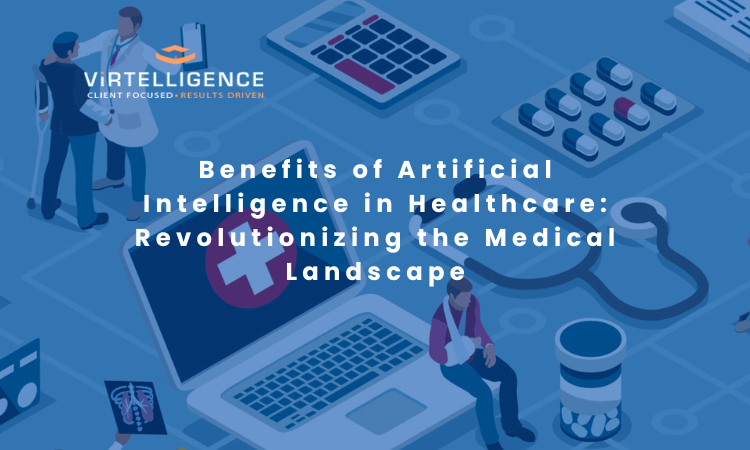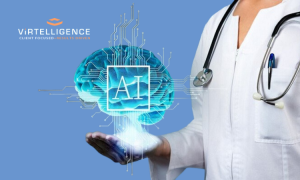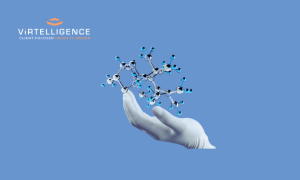
Artificial Intelligence in Healthcare has emerged as a transformative force, reshaping the industry with its innovative applications and unparalleled potential. At the intersection of technology and medicine, AI is not just a tool; it’s a paradigm shift, promising a future where healthcare is smarter, more efficient, and ultimately, more effective.Listed below are some Benefits of Artificial Intelligence in Healthcare.
Benefits of Artificial Intelligence in Healthcare

AI in Diagnostics: Precision Redefined
AI-powered diagnostic tools have redefined precision in healthcare. Through advanced algorithms and machine learning, AI analyzes vast datasets, identifying subtle patterns and anomalies that might escape the human eye.
Whether it’s detecting early signs of diseases or analyzing complex medical images, AI ensures swift and accurate diagnoses, enhancing the chances of successful treatments.
Personalized Treatment Plans: Tailored Healthcare Solutions
One of the significant benefits of AI lies in its ability to personalize healthcare. By analyzing individual patient data, including genetic makeup, lifestyle choices, and medical history, AI can design personalized treatment plans.
These plans are not just based on broad medical knowledge but are finely tuned to the specific needs of each patient. This level of personalization enhances treatment outcomes, reduces side effects, and accelerates recovery.
Drug Discovery and Development: Accelerating Research Efforts

Traditional drug discovery is a time-consuming process, often taking years to bring a new medication to market. AI is revolutionizing this landscape by simulating biological interactions, predicting potential drug candidates, and significantly expediting the research phase.
This acceleration holds the promise of faster access to innovative medications, addressing unmet medical needs, and improving overall public health.
Remote Monitoring and Predictive Analytics: Proactive Healthcare
In the era of AI, healthcare isn’t limited to hospitals and clinics. Wearable devices integrated with AI technology enable remote monitoring of patients’ vital signs and health metrics. This real-time data is not just informative; it’s transformative.
Healthcare providers can now predict health issues before they escalate, allowing for proactive interventions. This shift from reactive to proactive healthcare is reducing hospitalizations, enhancing patient well-being, and saving healthcare costs.
Administrative Efficiency: Optimizing Healthcare Operations
Beyond clinical applications, AI is streamlining administrative tasks in healthcare facilities. From appointment scheduling to billing and managing medical records, AI-driven automation ensures efficiency and accuracy.
By reducing the administrative burden, healthcare professionals can focus more on patient care, leading to an overall improvement in the quality of services provided.
Ethical Considerations and Data Security: Balancing Innovation and Privacy
While the benefits of artificial intelligence in healthcare are immense, they come with ethical considerations and data security challenges.
Ensuring patient privacy, addressing biases in AI algorithms, and maintaining the ethical use of data are critical aspects that demand careful attention. As the industry embraces AI, finding the right balance between innovation and privacy becomes paramount.
Conclusion
In conclusion, the benefits of artificial intelligence in healthcare are shaping a future where medical care is not just about treating diseases; it’s about personalised, proactive, and efficient healthcare delivery. AI is ushering in an era where medical decisions are more informed, treatments are more precise, and patient outcomes are significantly improved.
Related Article
4 Ways Artificial Intelligence Is Making an Impact in Healthcare






